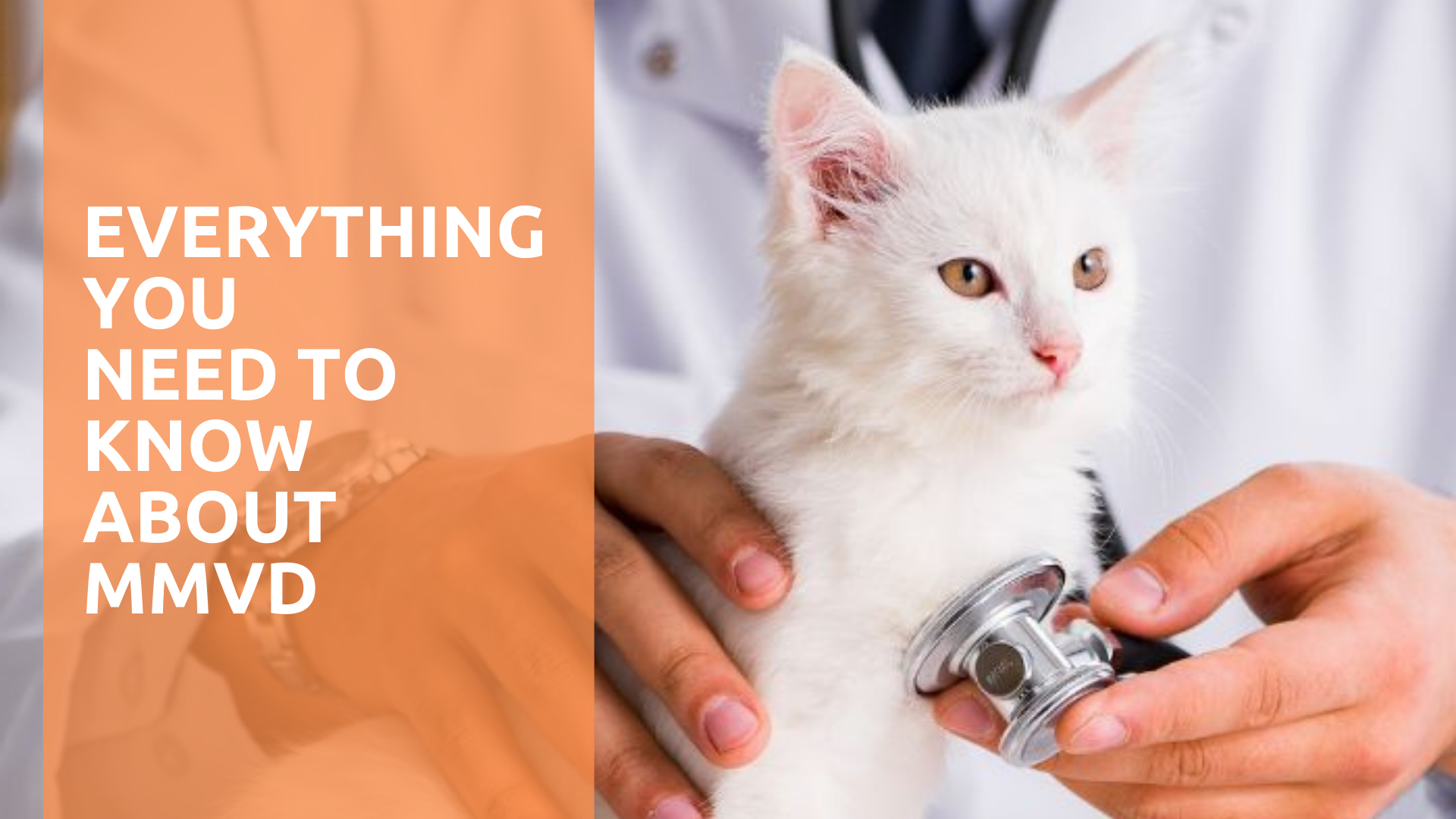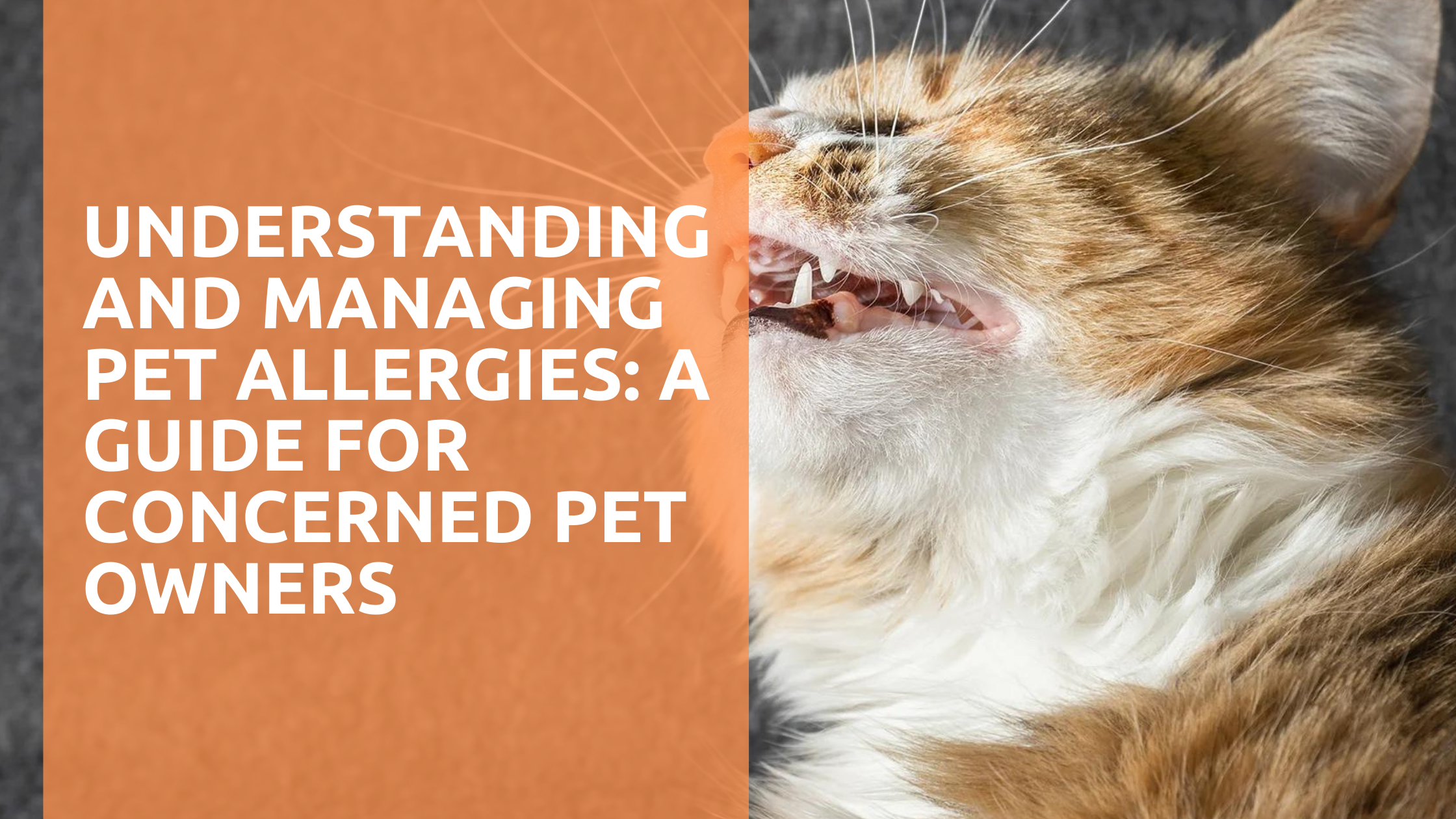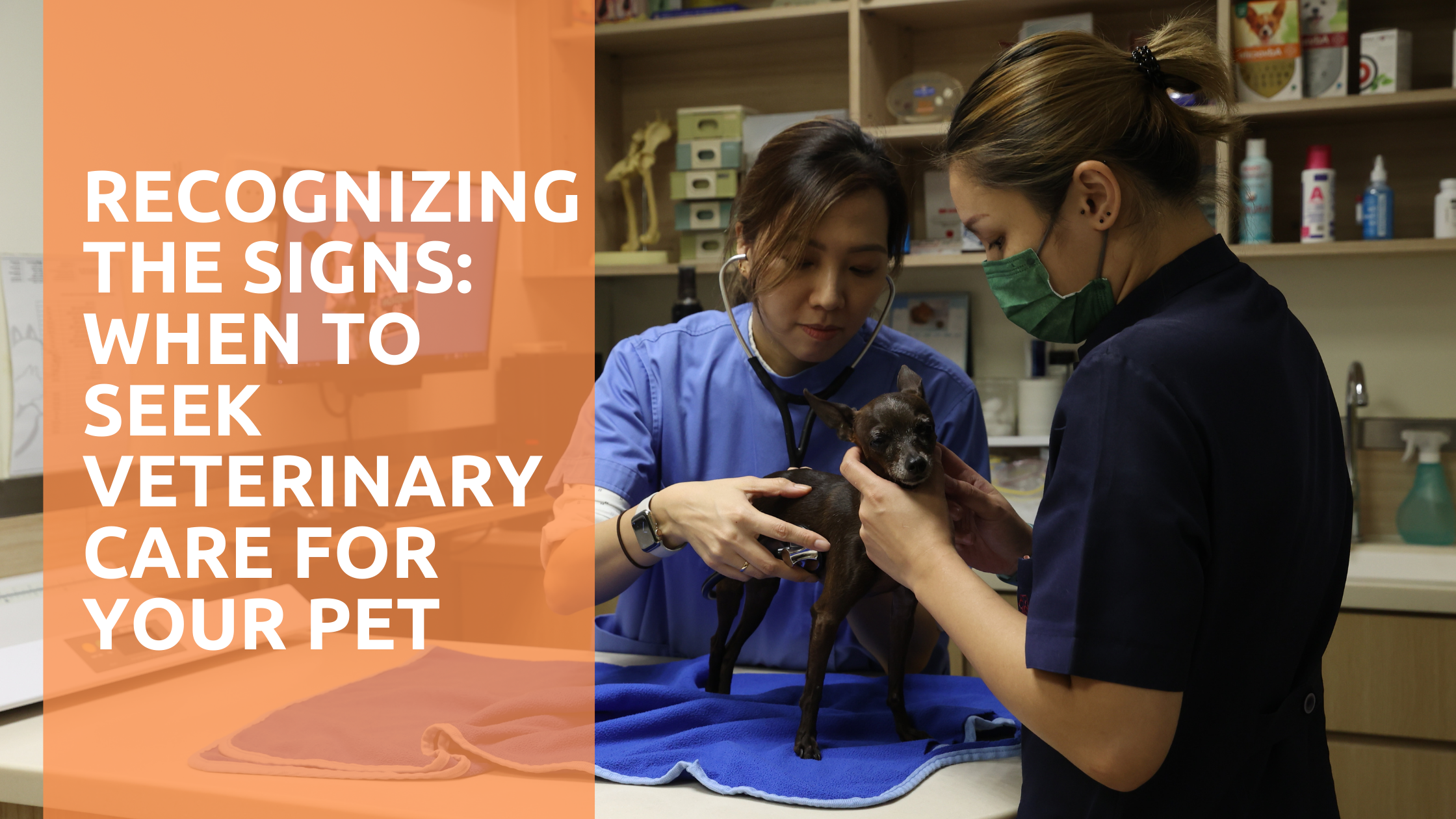Myxomatous Mitral Valve Degeneration MMVD
One of the most common causes of canine death is heart disease – Of those 75% are due to Myxomatous valvular degeneration
General risk factors
- Older (> 5 years)
- Small breed (< 40 lb; (18.2 kg)
- High risk breeds, including: Miniature poodles, cocker spaniels, miniature schnauzers, Dachshunds, small terrier breeds
Cavalier King Charles spaniels (this breed is an exception in that they may develop CVD as young as 2-3 years of age)
- High risk breeds, including: Miniature poodles, cocker spaniels, miniature schnauzers, Dachshunds, small terrier breeds
What causes MMVD?
MMVD is a degenerative process associated with aging in predominantly small dogs and has been likely associated with systemic inflammation. In addition, there is likely a familial or inherited genetic component in some breeds, such as the Cavalier King Charles spaniel.
What happens to my dog when it gets MMVD?
The leak (regurgitation) caused by the degeneration of the valves eventually leads to enlargement of the heart chambers (the atria and ventricles). In a third of dogs, clinical signs will develop, in general these are the dogs with the biggest hearts. The clinical signs occur when the pressures in the enlarged heart chambers cause fluid to leak out of the blood vessels into the lungs (called pulmonary oedema; ‘water on the lungs’) and sometimes the belly (ascites). The build-up of fluid is referred to as congestive heart failure. In addition, sometimes dogs can have fainting episodes as not enough blood is being pumped to the body.
Clinical signs that can be associated with MMVD.
- Fast (rapid and shallow) breathing when resting or sleeping (> 30-35 breaths per minute)
- Increased effort associated with breathing
- Restless or agitation while sleeping
- Coughing or gagging
- Weakness
- Reduced ability to exercise
- Collapse or fainting
- Decreased appetite
- Weight loss
- Distended belly
- Depressed attitude or quiet and not interactive
Note: These clinical signs may occur in dogs with heart disease, but they can also occur with other diseases. It is important to note that not every dog will develop all of the clinical signs but many dogs will have more than one.
How can my veterinarian determine if my dog has MMVD?
The best screening test is listening (auscultation) with a stethoscope by your veterinarian once per year. Other tests will be recommended if your veterinarian hears a heart murmur.
Possible tests for dogs with MMVD:
- Chest x-rays to evaluate the heart size, lungs and blood vessels
- Blood work to evaluate kidney function and NT-proBNP
- Urine test to evaluate kidney function
- Blood pressure
- Ultrasound (Echocardiogram of the heart) to confirm the diagnosis and evaluate the size and function of the heart thereby staging the disease process
- There are asymptomatic stages – B1 and 2 and symptomatic stages C and D. The difference being those that show signs of congestive disease and their response to medications.
- ECG to evaluate the heart rhythm (detecting arrythmia)
How is MMVD treated in dogs?
Pimobendan has been shown to extend the asymptomatic stage of cardiac disease and there are multiple studies underway that will expand on this base in the future, please feel free to have a look at :
– The Epic Study – Effect of Pimobendan in Dogs with preclinicsl MMVD and Cardiomegaly.
- The Quest study indicates an extended quality of life on of cardiac
- The PROTECT study deals with a different form of heart disease called DCM, but also indicates extended periods in the asymptomatic stage and life extension once CHF symptoms have begun
Common medications used to treat heart failure due to CVD:
- Furosemide, also known as Lasix®
- Pimobendan (Vetmedin®)
- Angiotensin converting enzyme inhibitor (ACEI), such as benazepril or enalapril – less favourable of late
- Spironolactone
- Torasemide
- Additional medications are frequently indicated in individual dogs
Note: Some medications and herbal supplements can have adverse interactions with heart medications, therefore it is important that you not use any medications (new or previously prescribed) without talking to the veterinarian that prescribes your dog’s heart medications.
Common side-effects of medication used to treat heart failure due to CVD:
- Drinking large amounts of water more frequently
Note: It is critical that dogs on medications like furosemide have free choice access to water at all times.
- Urinating larger amounts more frequently
Note: Accidents in the house can be limited by walking more frequently and being sure to not give the furosemide pills within 2 hours of bedtime or leaving the house for an extended period of time. Dogs always need to urinate within 1-2 hours after receiving furosemide.
- Reduced appetite or not eating normal amounts of food
Note: If this problem starts and persists, you need to talk to your veterinarian; it is important that your dog not lose weight.
What kind of follow-up will my dog need now that it has MMVD?
Your veterinarian will recommend recheck appointments every 2-12 months depending on how advanced the disease is. In addition, if or when a medication is started you may need to return in 10-14 days to have a blood test to check the kidney and liver values and take your dog’s blood pressure. However, if you notice any of the clinical signs listed above at any time, you should not wait for the next recheck appointment, but call and make an urgent/ emergency appointment. If the clinical signs are severe and or develop suddenly (your dog cannot breathe, rest comfortably or sleep) you may need to take him to the nearest emergency facility as soon as possible. One of the best ways to help your veterinarian determine when to start or adjust your dog’s heart medication(s) is to observe and record the home resting/sleeping breathing rate of your dog (see below).
Can special diets help dogs with MMVD live longer?
Mild to moderate Sodium restriction with a good quality protein source. Often Carbohydrates and fats are manipulated to reduce weight loss due to the cardiac disease, know as cardiac cachexia. For specific details contact your veterinary nutritionist for assistance.
Are there any dietary supplements that may help dogs with MMVD live longer?
The most common supplement recommended in dogs with MMVD is omega 3 fatty acids.
Co enxyme Q, Curcumin and multiple antioxidants can assist in the management of the disease process, some fresh fruit and vegetables can be used to deliver these antioxidants in a more digestible manner rather than supplementing synthetic products.
Foods to avoid include baby food, dog snacks, packaged soups, fatty foods, deli meats, pizza, bread, pickled foods and any highly processed foods.
What about exercise in my dog?
In general, dogs should be allowed to exercise at their normal level if they want to. However, the duration of sustained strenuous activities should be limited. Some exercise is good for you and your dog and is part of what helps your dog enjoy their life.
Is there a surgical treatment option?
In human medicine, it is common for patients with significant MMVD to have the leaky valve(s) repaired or replaced by a surgeon. However, this requires open-heart surgery and cardiopulmonary bypass and dogs, especially small dogs, are very hard to perform cardiopulmonary bypass on. Thus, open-heart surgery and valve replacement or repair is not readily available in the dog. A few veterinary surgeons have performed these surgeries on a very limited number of dogs. There is a very high risk of death and the surgery is very expensive (at least HK$100,000), therefore this option is not recommended at this time. If you wish to investigate the possibility of surgical repair or replacement, you should discuss this with your veterinarian. In the future, catheter-based (minimally invasive) techniques may become available and allow repair or replacement to be done safely without the need for cardiopulmonary bypass. Heart transplantation is not an option in dogs.
University website
Japanese website
How long will my dog live now that they have MMVD?
Asymptomatic MMVD (Stage B1 and B2):
On average, the majority of dogs with asymptomatic MMVD will live for many years (1-5 years or longer) without ever developing any clinical signs of heart failure. It can be difficult to determine the rate of progression of MMVD in individual dogs, and it is for this reason that your veterinarian recommends tests and recheck appointments. The amount of change in heart size and other factors between recheck appointments can help your veterinarian determine the how your dog is doing.
Symptomatic (Stage C)
Once your dog develops clinical signs of MMVD, medications can typically eliminate or reduce the severity of the clinical signs but the disease will still progress and eventually the medications will not work as well. Sometimes, new medications can be added or the doses of your dogs’ current medications adjusted but eventually this will be insufficient in maintaining your dog’s quality of life. Your veterinarian will help you recognize when and if this is the case for your dog. However, in general, with the appropriate medications and recheck appointments, many dogs with heart failure due to MMVD live for 1-2 years or even longer.
Symptomatic (Stage D)
Unresponsive to normal medication and higher doses or alternative medications must be used to maintain stability. Surgery if feasible, but, as mentioned earlier the risks are high and further improvements need to made to address the technique and become less invasive to have improved outcomes.
In conclusion MMVD although progressive is in many cases a manageable disease process. Continuous effort into further understanding and thereby treating the disease is being made. With time we will have additional therapies and means to assist as surgery becomes more feasible and less risky. Victory Animal Hospital is here to assist and manage this disease intensively, please feel free to call our clinic so we can be of assistance to you and your fur baby.






